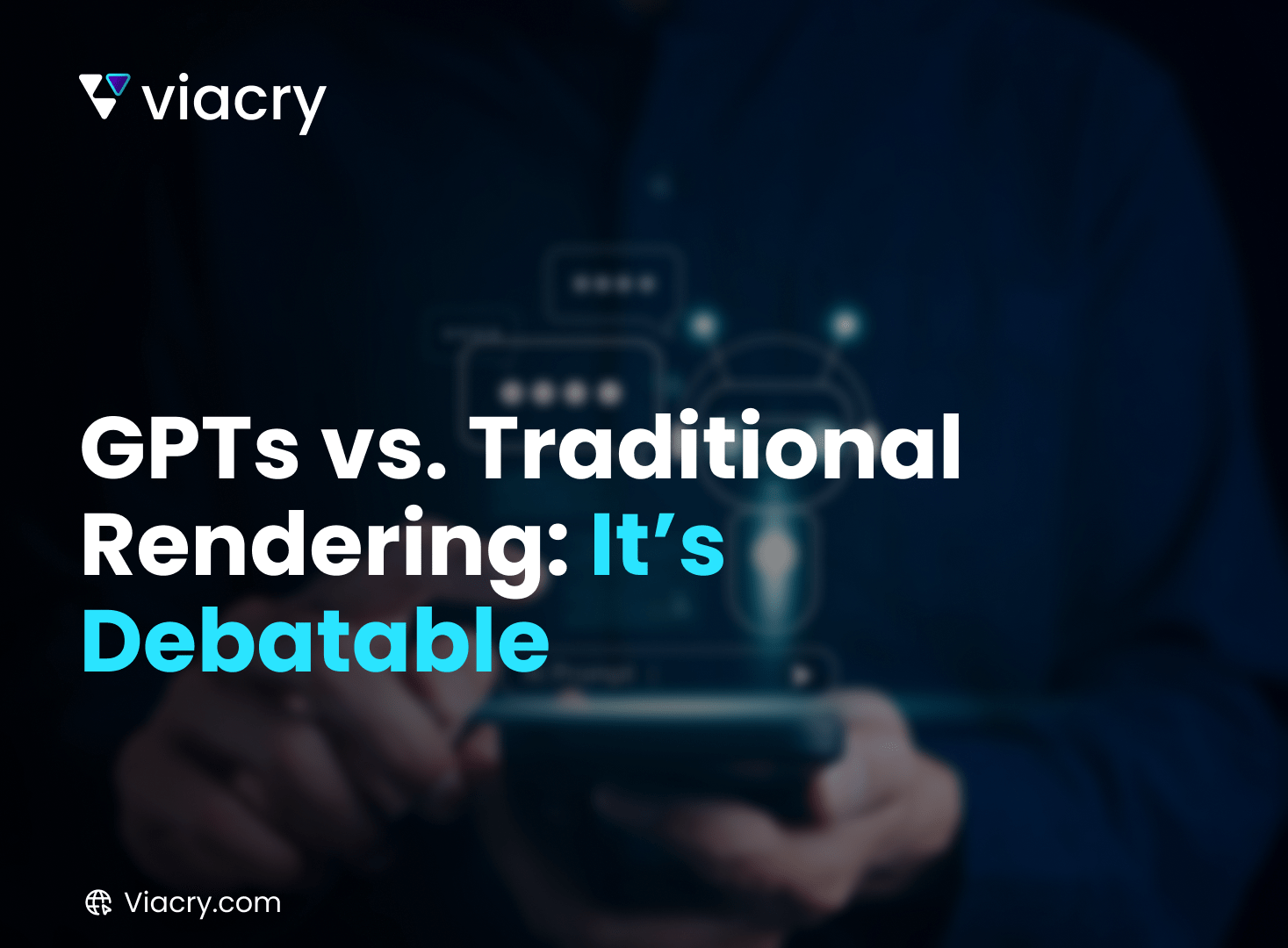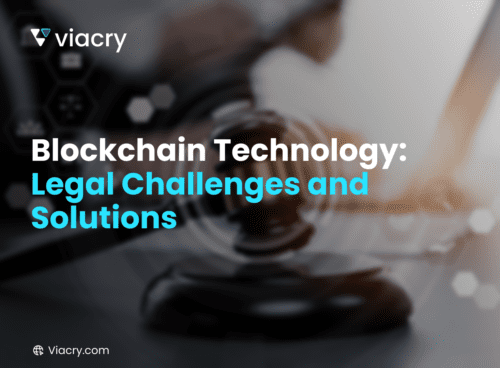In the world of digital marketing and content creation, the use of advanced technologies has become increasingly prevalent. One such technology that has gained significant attention is GPTS, or Generative Pre-trained Transformers. GPTS, powered by AI and machine learning, has revolutionized the way we approach rendering and content generation.
The Efficiency and Speed of GPTS in Rendering
GPTS, such as ChatGPT, has proven to be a game-changer when it comes to rendering content efficiently and quickly. With its vast knowledge base and ability to generate human-like responses, GPTS enables digital marketers and workers to streamline their content creation process. By leveraging the power of GPTS, businesses can save valuable time and resources, allowing them to focus on other crucial aspects of their marketing strategies.
The Accuracy and Precision of Traditional Rendering Techniques
While GPTS offers impressive efficiency, traditional rendering techniques should not be overlooked. These techniques, honed over years of practice, provide a level of accuracy and precision that is hard to replicate. Human expertise and attention to detail play a crucial role in ensuring that the rendered content aligns perfectly with the desired outcome. Traditional rendering techniques also allow for more nuanced tracking of diversity in language, ensuring that the content resonates with a wide range of audiences.
The Cost-Effectiveness and Scalability of GPTS in Rendering
When it comes to cost-effectiveness and scalability, GPTS has a clear advantage. Traditional rendering techniques often require significant investments in human resources and training. On the other hand, GPTS offers a more cost-effective solution, as it eliminates the need for extensive manual labor. Additionally, GPTS can be easily scaled to handle large volumes of content, making it an ideal choice for businesses looking to optimize their rendering processes.
The debate between GPTS and traditional rendering techniques is a complex one. Both approaches have their strengths and weaknesses, and the choice ultimately depends on the specific needs and goals of the digital marketer or worker. GPTS, with its efficiency, accuracy, and cost-effectiveness, has undoubtedly transformed the way we approach rendering and content generation. However, traditional rendering techniques still hold value in terms of precision and nuanced language tracking. By understanding the capabilities and limitations of each approach, digital marketers and workers can make informed decisions to leverage the power of GPTS and traditional rendering techniques in their content creation strategies.
Remember, the world of AI, chatbots, and machine learning is constantly evolving, and staying updated with the latest advancements in language and neural networks is crucial for success in the digital landscape. So, embrace the power of GPTS, harness the expertise of traditional rendering techniques, and unlock the full potential of content creation in the age of AI.





